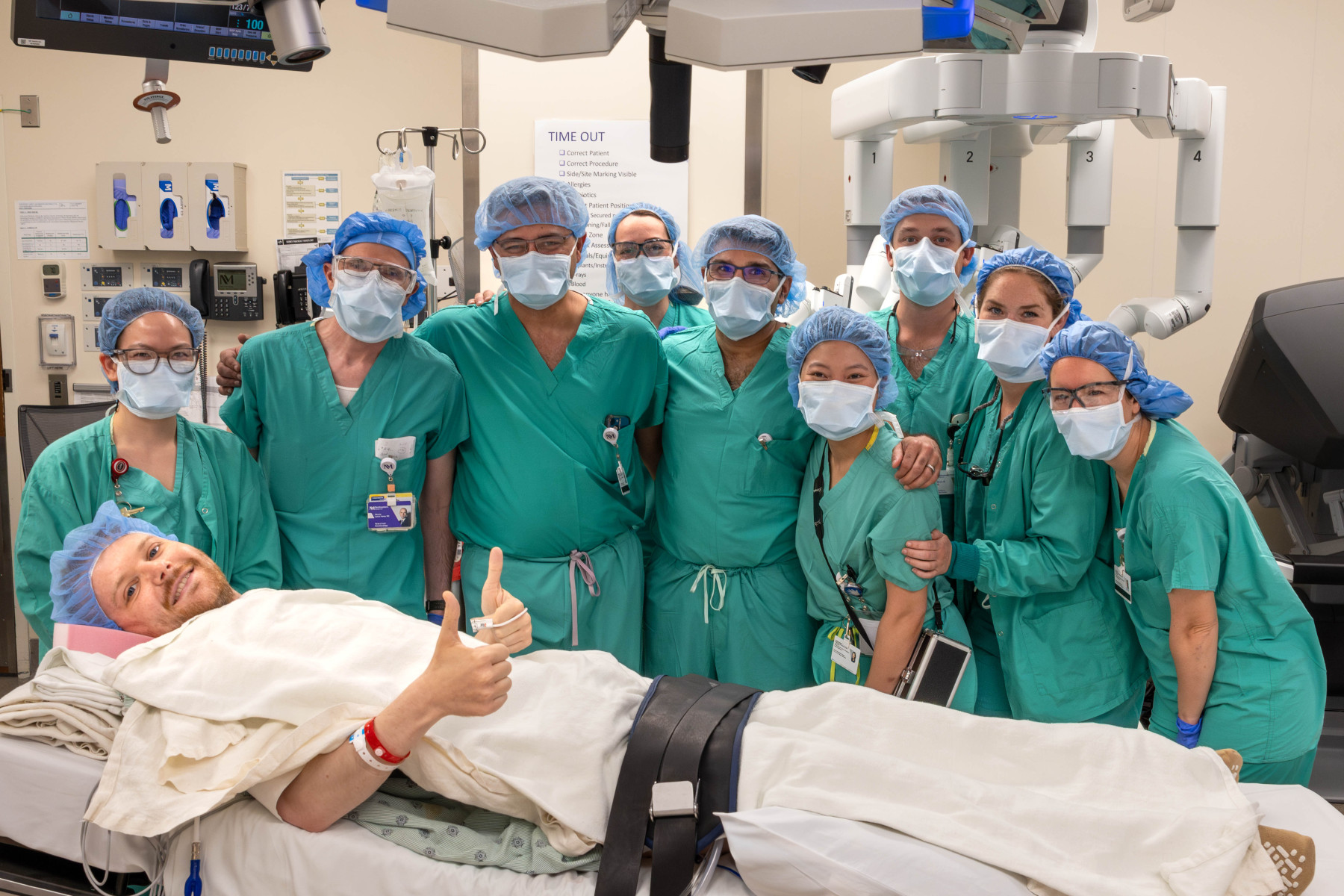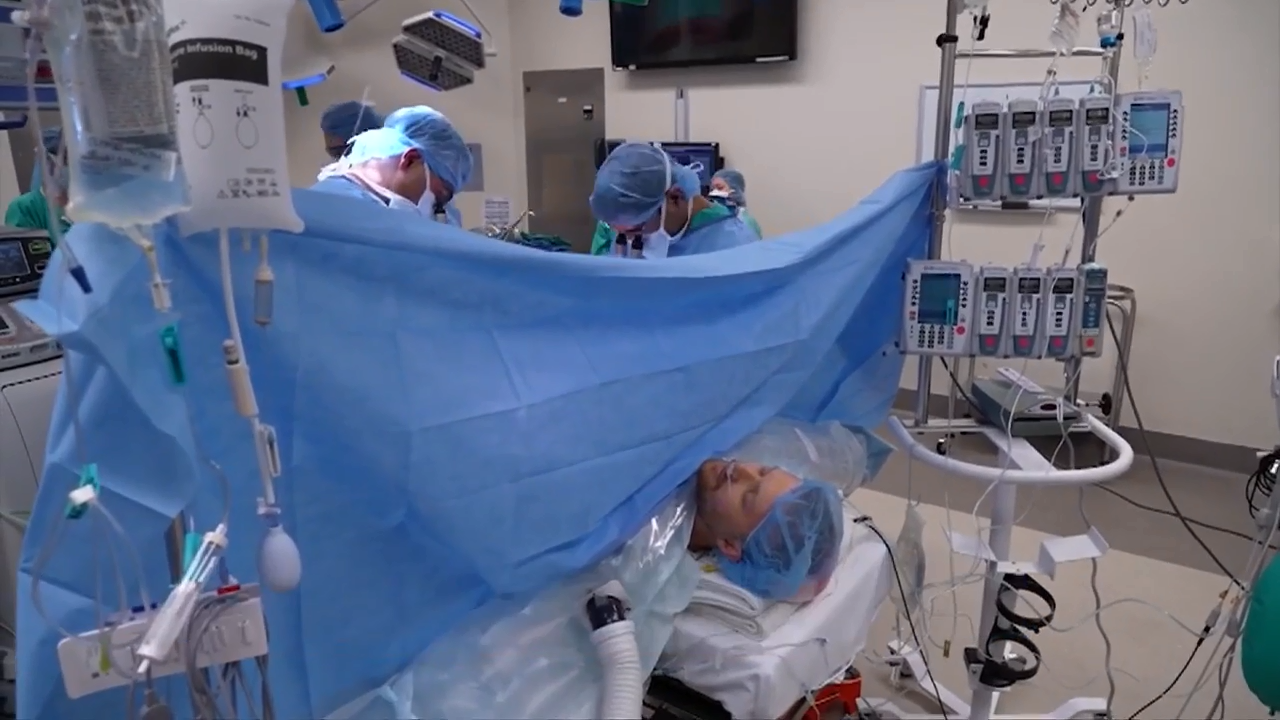Harry Stackhouse, a 74-year-old from Illinois, recently underwent a groundbreaking kidney transplant while awake, thanks to advances in spinal anesthesia. This technique, which allows patients to remain conscious and interact with their medical team during surgery, was used during his procedure at Northwestern Medicine.
Stackhouse, who felt no pain and even observed the surgery, was discharged just 36 hours later, a significant improvement compared to the usual recovery time with general anesthesia.
The transplant was performed by Dr. Satish Nadig, who has been leading efforts to make awake kidney transplants more common. On July 15, this procedure was the second of its kind under Nadig’s leadership, and he has since completed a third.
Dr. Nadig emphasizes that we are at a pivotal moment in transplantation, where modern technologies are pushing the boundaries of traditional practices.

While awake kidney transplants might sound daunting, the benefits are well-documented. Spinal anesthesia, similar to what is used for cesarean sections, avoids the complications associated with general anesthesia, such as vocal cord damage and persistent brain fog.
Despite its proven advantages, the method has not been widely adopted, partly due to the reluctance to deviate from established practices in kidney transplantation.
Stackhouse’s journey to the transplant began with severe health issues in late 2019, including a failed kidney and complications from COVID-19. After enduring dialysis, his daughter volunteered as a donor, prompting him to explore the AWAKE Kidney Program. The success of his transplant, marked by an impressive recovery, demonstrates the potential of this innovative approach.
The AWAKE program’s success is attributed to improvements in anesthetic techniques and patient care, leading to shorter hospital stays and faster recoveries. Experts, like Dr. Christopher Sonnenday from the University of Michigan Health, acknowledge the potential of this method to revolutionize kidney transplantation.
However, its broader application, particularly for patients with complex conditions, will depend on ongoing experience and research.
